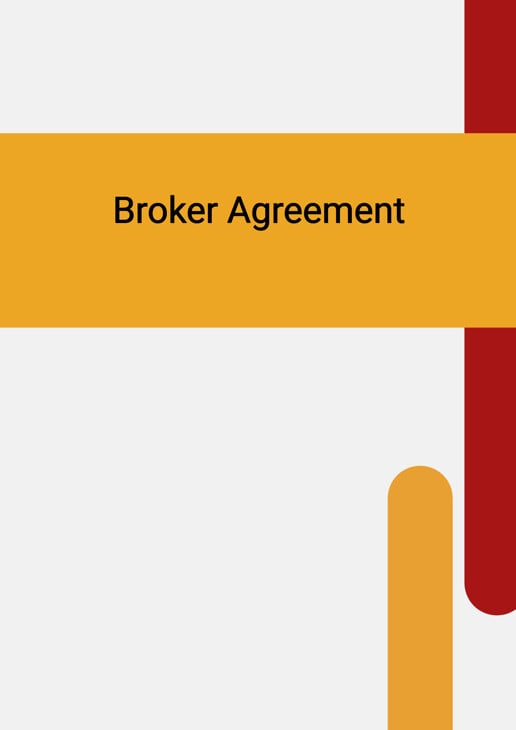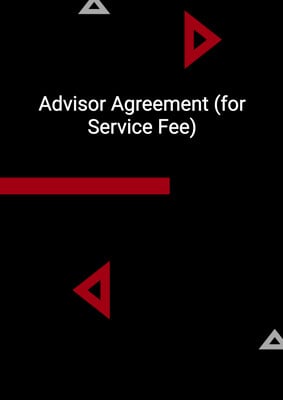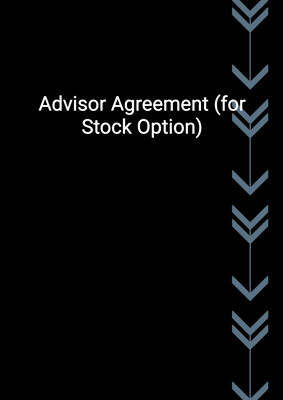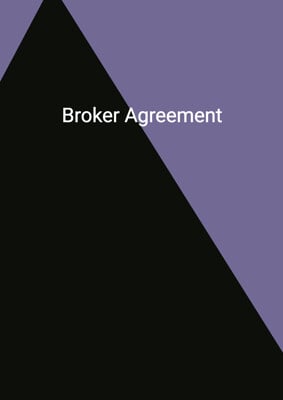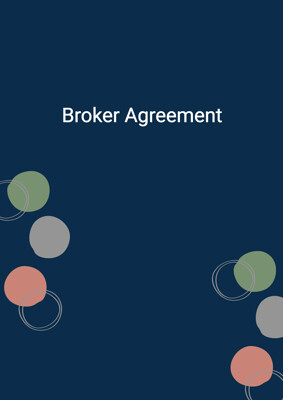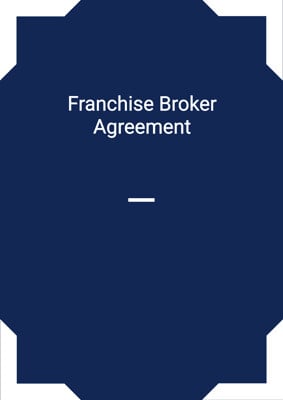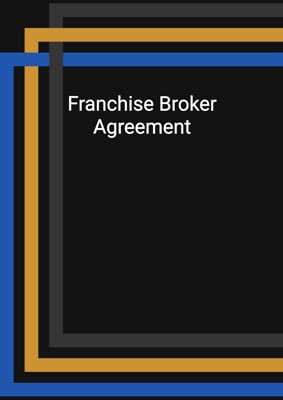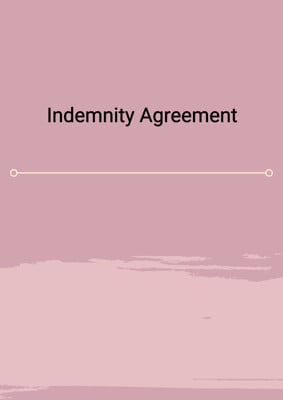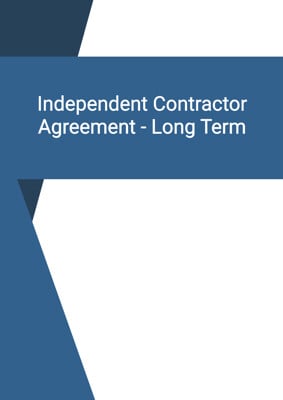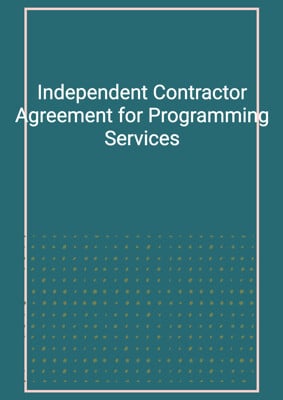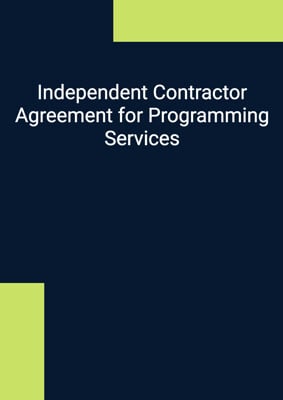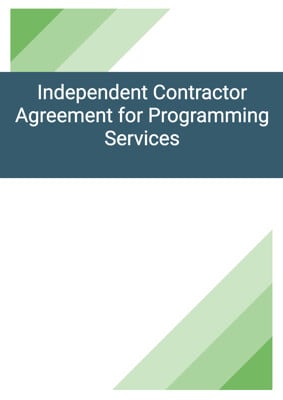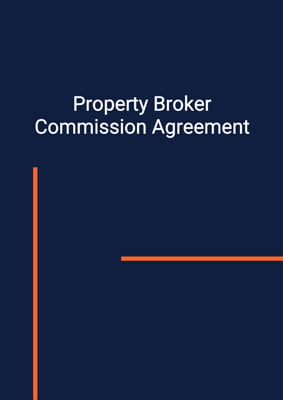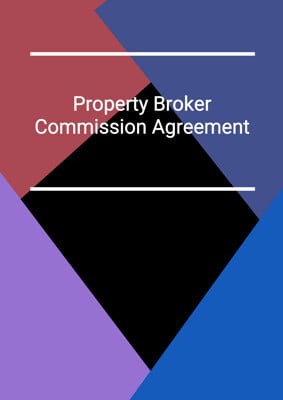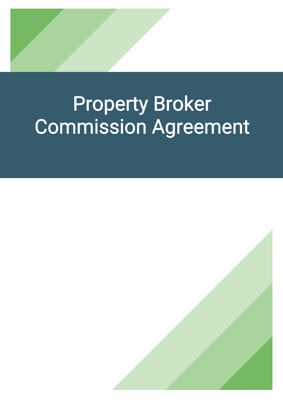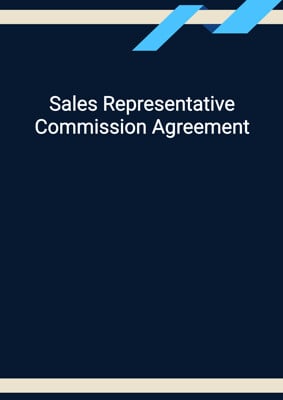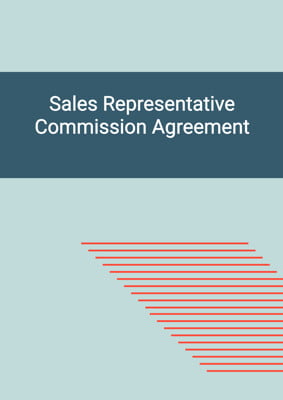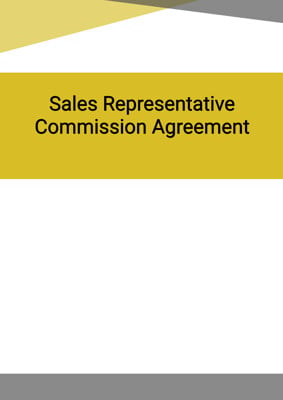How to Tailor the Document for Your Need?
01
Create Document
Fill in the details of the parties. You can click the "Fill with Member’s Information" button to complete it with information saved to your account.
02
Fill Information
Please fill in any additional information by following the step-by-step guide on the left hand side of the preview document and click the "Next" button.
03
Get Document
When you are done, click the "Get Document" button and you can download the document in Word or PDF format.
04
Review Document
Please get all parties to review the document carefully and make any final modifications to ensure that the details are correct before signing the document.
Document Preview
Document Description
The Broker Agreement is a document that establishes a contractual relationship between two parties: the Company and the Broker. The importance of this document lies in its ability to define the scope of services, commission structure, and obligations of the Broker. It ensures that both parties are aware of their rights and responsibilities, and provides a framework for conducting business.
The entire document is divided into seven sections, each addressing a specific aspect of the agreement. The first section, titled 'Scope of Services,' outlines the responsibilities of the Broker in identifying and introducing new prospective clients to the Company. It emphasizes the need for written identification of clients and excludes clients who were already in contact with the Company before the agreement's effective date.
The second section, 'Commission,' details the commission structure for the Broker. It specifies the percentage of the sale price that the Broker will receive as commission for each product sold as a result of their introduction. The section also covers the issuance of invoices and the payment timeline for the commission.
The third section, 'Obligations of Broker,' highlights the Broker's commitment to diligently work in identifying and introducing clients to the Company. It clarifies that the Broker does not have the authority to enter into legal agreements on behalf of the Company and that the Company retains the discretion to negotiate and accept terms with clients.
The fourth section, 'Term,' establishes the duration of the agreement, which starts on the current date and continues until terminated according to the terms specified in the agreement.
The fifth section, 'Termination,' outlines the conditions under which either party can terminate the agreement. It requires written notice of intention to terminate at least thirty days before the intended termination date. The section also addresses the commission entitlement of the Broker for sales concluded before the termination date and includes a non-solicitation clause.
The sixth section, 'Miscellaneous,' covers various additional provisions. It states that the Broker will serve as an independent contractor and not as an employee of the Company. It specifies the responsibilities of the Broker regarding taxes and expenses. The section also includes provisions for communication and addresses the waiver of rights, the entire agreement clause, and the validity of provisions.
The seventh and final section, 'Governing Laws and Jurisdiction,' establishes the jurisdiction for any legal disputes that may arise from the agreement.
In summary, the Broker Agreement is a comprehensive document that defines the relationship between the Company and the Broker. It outlines the scope of services, commission structure, obligations, and termination conditions. By providing clarity and legal protection, this agreement ensures a smooth and mutually beneficial business relationship between the parties involved.
How to use this document?
1. Identify and introduce prospective clients: The Broker should use commercially reasonable efforts to identify and introduce new prospective clients to the Company. All clients must be identified in writing.
2. Commission payment: The Company will pay the Broker a commission based on a percentage of the sale price for each product sold as a direct result of the Broker's introduction. The Broker should issue an invoice to the Company upon determination of the commission.
3. Diligently work to identify clients: The Broker should diligently work to identify and introduce clients to the Company. However, the Broker does not have the authority to enter into legal agreements on behalf of the Company.
4. Understand the duration of the agreement: The agreement starts on the current date and continues until terminated according to the specified terms. Both parties should be aware of the duration of their contractual relationship.
5. Termination process: Either party has the right to terminate the agreement by providing written notice at least thirty days before the intended termination date. The Broker is entitled to receive a commission for sales concluded before the termination date.
6. Non-solicitation clause: After the termination of the agreement, the Broker should not solicit or approach any of the Company's clients, manufacturers, or suppliers. Breach of this clause may result in legal consequences.
7. Understand the independent contractor status: The Broker will serve as an independent contractor and not as an employee of the Company. The Broker is responsible for taxes and expenses unless otherwise agreed upon in writing.
8. Communication and notices: All communication should be in writing or by email. Both parties should ensure that their contact information is accurate and up to date.
9. Waiver of rights: No failure or delay in exercising any right or remedy under the agreement shall constitute a waiver of that right or remedy. Any affirmation of the agreement must be in writing.
10. Entire agreement clause: The agreement constitutes the entire agreement between the parties and supersedes any prior agreements or understandings. Any alterations or variations to the agreement must be made in writing and signed by both parties.
11. Governing laws and jurisdiction: The agreement is governed by the laws of the jurisdiction specified. Any legal disputes should be resolved in the designated jurisdiction.
This guidance provides a concise overview of the key steps and considerations for using the Broker Agreement. It focuses on practical aspects and implications rather than the completion of the document.
Not the right document?
Don’t worry, we have thousands of documents for you to choose from:
